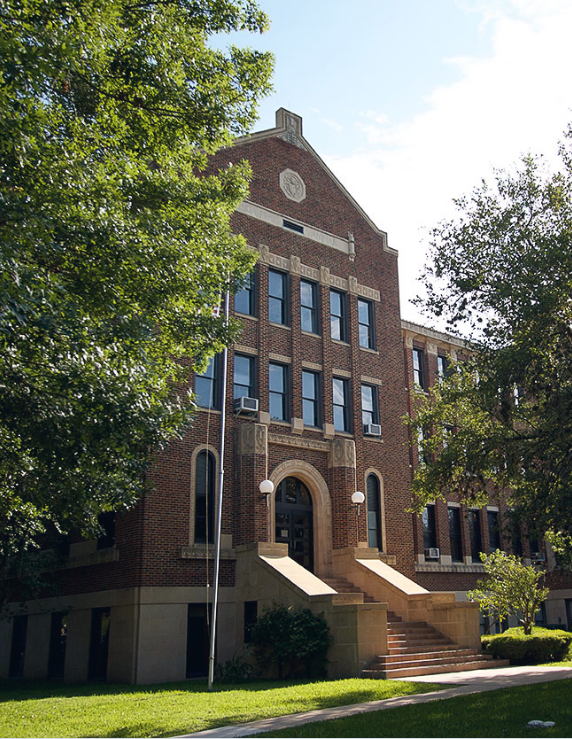Salvatore Dali, The Temptation of Saint Anthony, 1946.
En Es
- About
- Campus
- Academics
- Degrees
- Institutes
- Programs
- Ministry to Ministers Sabbatical Program
- Espiritualidad y Dirección Espiritual
- Continuing Education
- Certificate in Oblate Studies
- ACTS Spiritual Companion Program
- Forest Dwelling Program
- Graduate Certificate in Sacred Scripture
- BYBLOS Certificate of Enrichment in Sacred Scripture
- Certificate in Spirituality Studies
- Magis Ignatian Spirituality Programs
- Online Programs
- Programas en Español
- Admissions
- News & Events
- Give
- My OST




 Fr. Daniel Renaud, OMI is a priest, religious and itinerant preacher with the
Fr. Daniel Renaud, OMI is a priest, religious and itinerant preacher with the